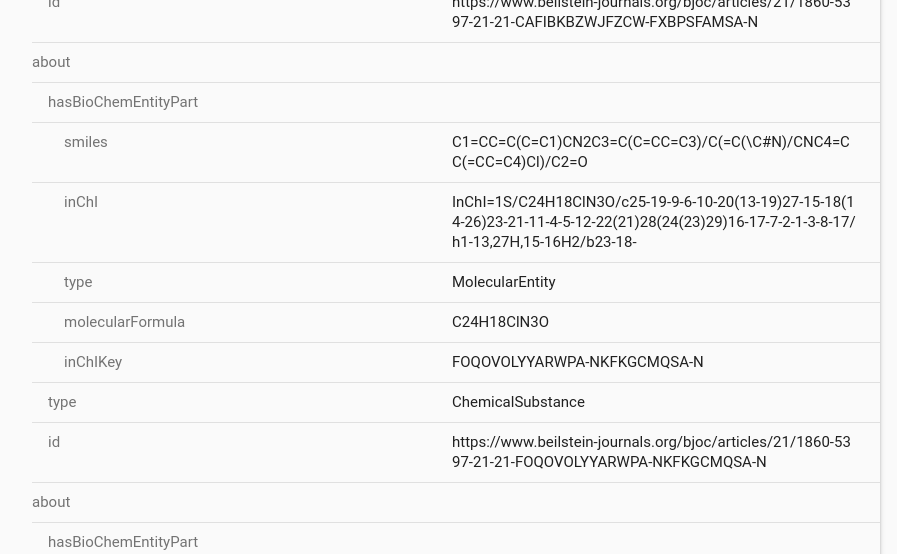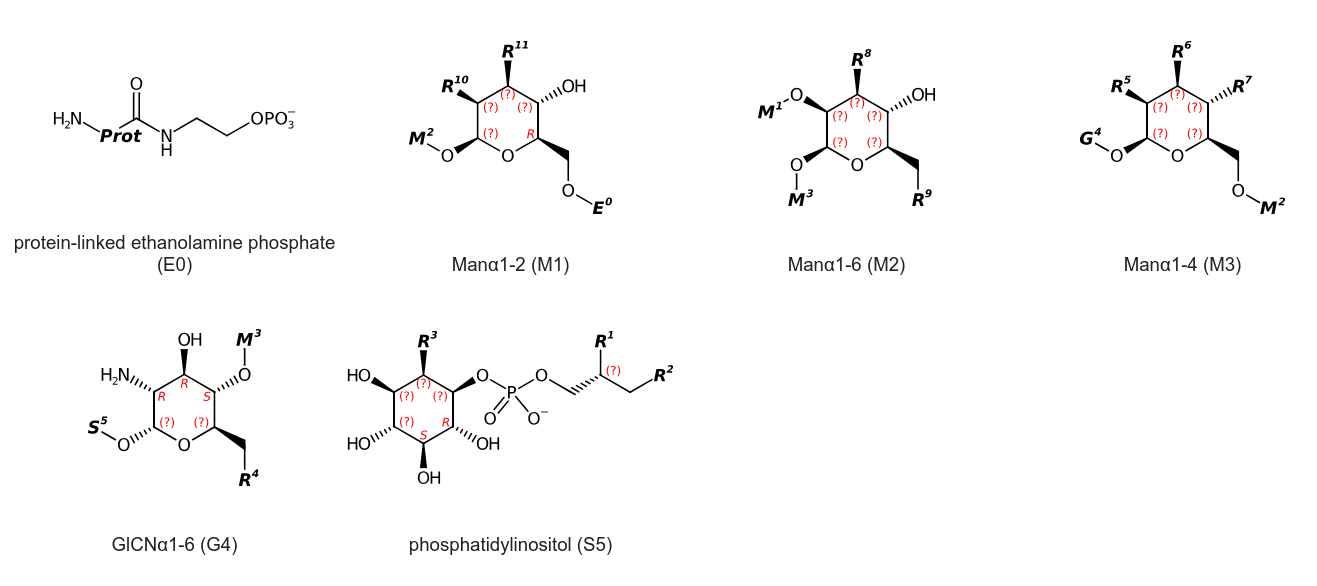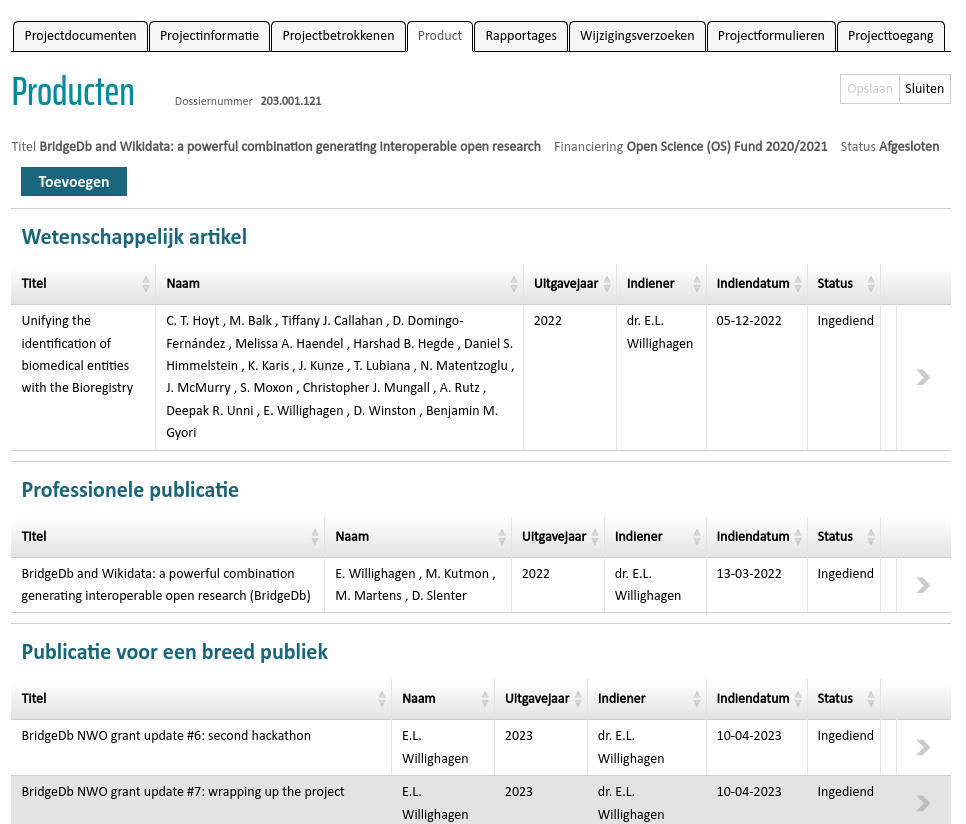-
CiTO for blog citations
This is mostly a test, but if it turns out the way I hope it will, likely after a few iterations, it adds support in my blog for CiTO intent annotations to the DOIs I cite. I pondered about the earlier. In the JSON Feed it should, at least for now, show up like this: -

s/BiGCaT/Translational Genomics/g
With a year of preparation and two years of thinking, on September 1st 2024 the Department of Bioinformatics, aka BiGCaT, merged with two other departments to form the Department of Translational Genomics (see also this LinkedIn announcement). This merger creates many new opportunities while it strenghtens our bioinformatics research. In fact, I will have more room to focus on the chemical roles in our more accurate understanding of biological processes. I am looking forward to the upcoming years! -
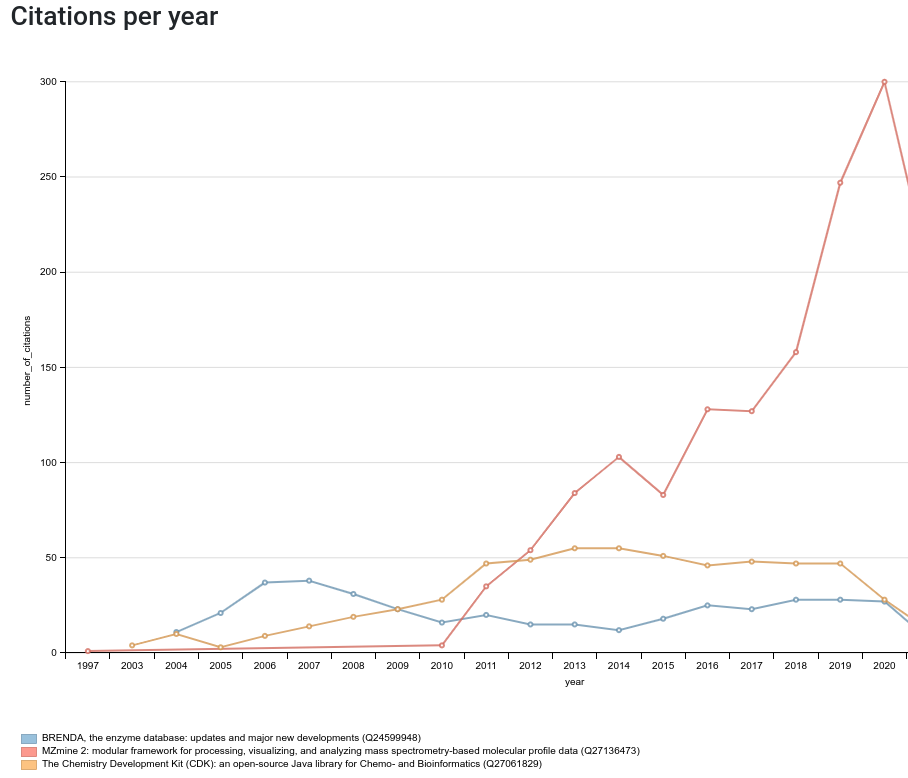
Niche papers and citation intentions
I wish I could say I remember the first citation to one of my research articles. I do not. But I do remember the excitement to see why someone was citing my research. What I do remember is that I got a comment around the same time along the lines of this: “why would anyone cite your article if they can download the results for free?” (about open science cheminformatics research). Other times. Indeed, I found out there are many reasons why people are citing and not citing articles. The above is one of them (still happens too often). But that’s also an intrinsic property of the current publishing model: some papers get cited too much, others get cited too little. -
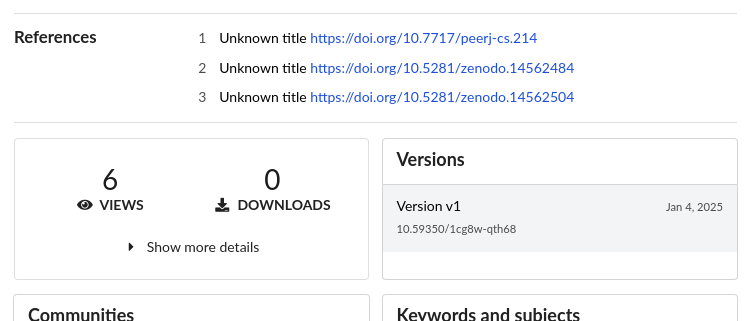
Blog updates
One-and-a-half years ago I started migration my blog from blogger.com to a Markdown and Git-based blog. It has been a fascinating journey that I do not regret. I love being back in control and not reliant on features of some content management system. I learned so much along the way, including Jekyll and Liquid to start with, but also Fontawesome (for better or worse)m and Goatcounter for GDPR-compatible and privacy-first impact tracking.
